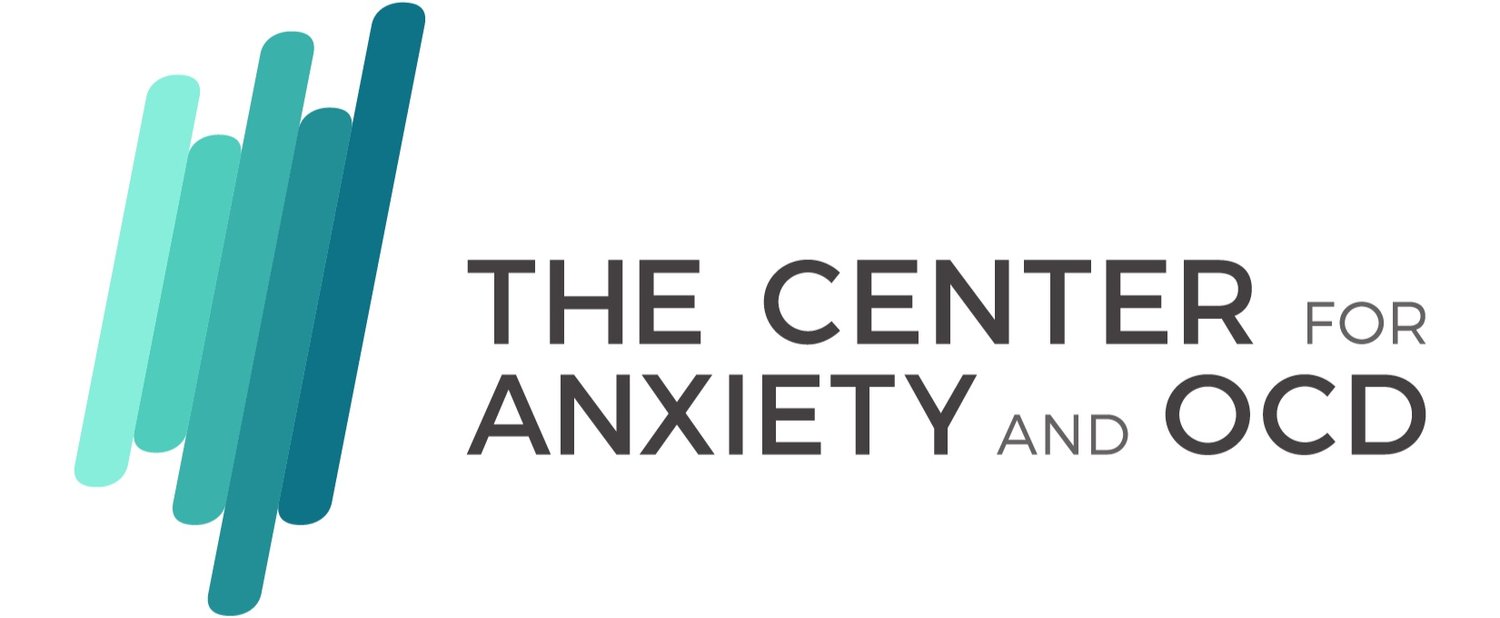
Specific Phobia
There’s nothing wrong with experiencing fear in specific situations or having preferences for some experiences over others. For example, most people don’t like spiders or snakes, and many experience discomfort when flying. But when this aversion to certain places, animals, or objects begins to cause significant distress and starts to impede on our quality of life, specialized treatment may be warranted. Those who experience specific phobias might find that they are missing out on big life events for fear of being triggered, or begin to notice that their lives and opportunities shrink as they work to accommodate their phobia. The development of a phobia does not have to have a specific backstory and can feel quite irrational even to the sufferer, but the anxiety and distress it produces feel all too real. Left untreated, a phobia can strain our relationships, productivity, freedom and self esteem.
Common Phobias
Fear of Spiders (Arachnophobia)
Fear of Heights
Fear of Elevators
Fear of Dogs
Fear of Tight Spaces (Claustrophobia)
Fear of Vomit (Emetephobia)
Fear of Germs
Fear of Needles
Fear of Insects
Fear of Open Spaces (Agoraphobia)
Treatment for Phobias
While the list above describes some of the most common phobias, almost any place, person, animal or object can become a phobia and impact the quality of our lives and relationships. Thankfully, specific phobias are highly treatable through the combination of evidence-based practices utilized at CAOCD. Through the use of cognitive behavior therapy (CBT), acceptance and commitment therapy (ACT) and gradual exposure with response prevention (ERP), our clinicians work with clients to slowly and safely overcome phobias. By taking control back from anxiety and rebalancing your relationship to fear, you too can find freedom from your phobia.
